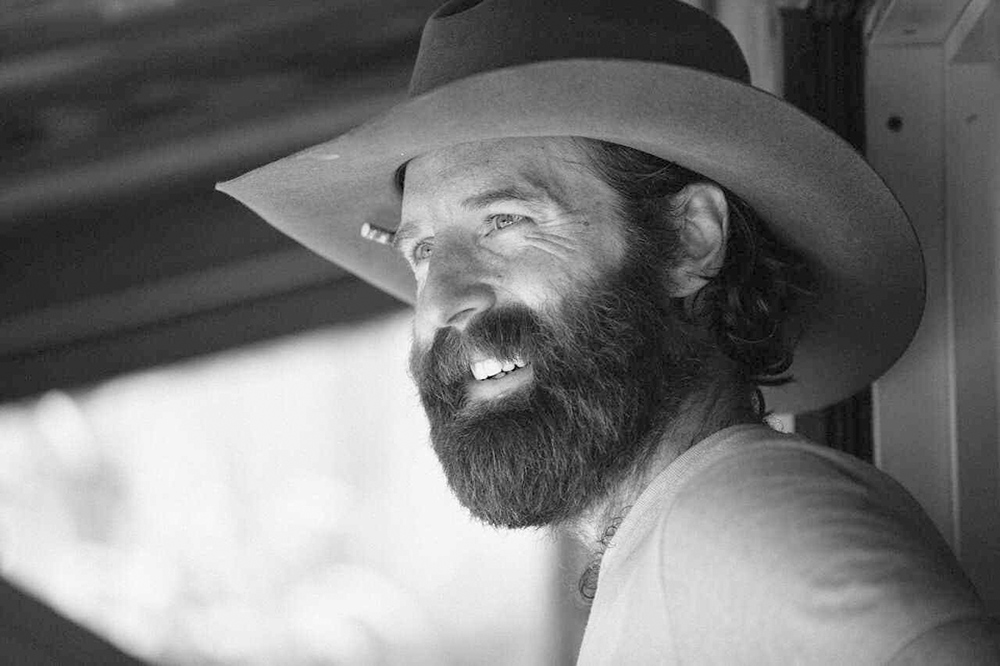By By Sean Dietrich
They were good together. That’s what everyone said about them. Their schoolmates said it. Their friends said it. Their parents even said it: “Those two are so good together.”
And they were. It was the 1940s, a different world. Girls wore ringlets. Boys pulled their slacks up to their sternums. Teenagers went to dark dancehalls, traveling in packs, necking in the backseats of Buicks, Plymouths and Packards.
Our two lovers began as dance partners and friends. Then Uncle Sam shipped him to France to fight a War. She wrote him every day. Sometimes three times a day. She prayed for him every night, every morning and moments between.
Then the War was over. Young men were coming home, but everything was so bizarre. Many men seemed haunted; others had crippling shellshock.
He was one of the latter.
From the moment she greeted him at the train station he was quiet. Withdrawn. He was no longer interested in dancing. He never spoke of what happened, but it was spelled on his face. It was beneath every word he said.
Oh, but they were still good together. And more importantly, he truly needed her. She was balm to him.
Often in the mornings he would simply appear on her porch, dressed in tan pants, crisp white shirt, hands thrust in his pockets. He was a tall glass of water with a forlorn face.
Most times he wouldn’t knock on the door, but just stand in her yard for hours, his back facing her house, gazing at the street, counting cars, waiting for his gal to awake.
She’d awake, peek out her window and find him silent on her steps. She would trot outside wearing her robe.
“What on earth are you doing here so early?” she’d say. “Are you alright?”
He’d look at her with heavy eyes. He’d simply say, “I went for a walk and ended up here.”
So her mother gave him busywork to keep him perpetually nearby. He enjoyed her happy home. The cheerful, clucking females in her house were good medicine. Her aunts and her mother were always laughing in the kitchen, lots of gleeful chattering, shiploads of gossip. So he hung around.
You would have found him peeling potatoes, shelling peas, fixing shutters, repairing roller skates or sitting beside his best gal, knees drawn to his chest, staring at clouds.
She thought he’d never ask her to marry him. She waited, but he wouldn’t open his mouth and physically say the words. He was so tight lipped.
She never rushed him. For she did not only love this man, she was falling in love with his spirit, and the nearness of him. His haystack-yellow hair. His unique gait. She loved to sit beside him in the pink evenings, watching him peel carrots, or shucking corn beside her. She loved his profile. His strong chin.
“I always wanted to reach out and hold him,” she told me.
Well, she finally got her chance. When he asked her to marry him it was a soft, almost inaudible proposal.
He said quietly, “Do you think you’d … Do you think you could ever be happy with … With a guy like … Like me?”
It wasn’t exactly Whitman, but it would do.
Her response was to hold him. “There’s no one else for me,” she replied.
And that was how their proposal went. No kissing. No Hollywood string section. Only the sounds of a quiet residential street. A Chevy engine driving past the house. Kids shouting in the distance, “Tag! You’re it!” Cicadas howling.
It was a courthouse wedding, few attended. The following years were difficult for a lot of soldiers like him. Many sought relief in flat brown bottles. Some made messes of their lives. But he never did. Because he had her.
She gave him three kids. She gave him herself. And over the decades, they lived in a joyful home.
Then came the evening when their youngest daughter graduated from high school, something in him shifted when their last child left home. Emotions ran thickly that evening.
It was the first time he told his wife about the War. It was the first time she saw him cry. They sat at a kitchen table, slugging endless cups of joe, lighting fistfuls of cigarettes and he told her everything. Start to finish. All the things he’d done. All things done to him.
She held his hand. She never flinched. Never winced.
After that night it was like a switch had been flipped. He was no longer a silent man. He was animated. He laughed some.
Their life became the retired-person’s dream. They bought an RV, they traveled. He even took her dancing.
They saw wonderful things. They had their pictures taken in majestic places. And all the way through his beautiful life everyone always said the same thing whenever they were in each other’s arms. Even now that he’s been gone for years, they still say it. And they will say it forever. Because it’s true.
They really were so good together.

